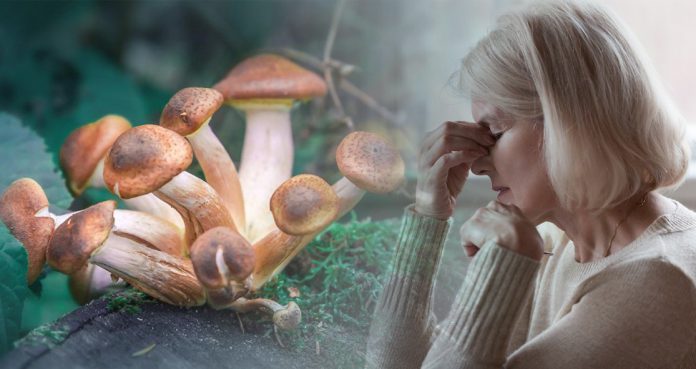A new study published Tuesday in the Journal of Psychopharmacology has found that cancer patients need just one single dose of psilocybin – a compound found in “magic mushrooms” – offers long-term relief from depression and anxiety.
Researchers found that cancer patients who received psilocybin reported remarkable reductions in psychological symptoms for more than four years after receiving the dose in association with psychological therapy.
Study author and Psychiatrist Dr. Stephen Ross at NYU Langone Health said, “Our findings strongly suggest that psilocybin therapy is a promising means of improving the emotional, psychological, and spiritual well-being of patients with life-threatening cancer.”
The study included 29 cancer patients who had anxiety and depression about the disease. Some were given a single dose of psilocybin while others received a placebo called niacin, along with nine psychotherapy sessions.
After more than six months, all patients were given psilocybin. The researchers found that about 60 to 80 percent of participants showed remarkable reductions in anxiety, depression, and existential distress. They also found that their attitudes toward death improved.
Lead study author Gabby Agin-Liebes said, “These results may shed light on how the positive effects of a single dose of psilocybin persist for so long. The drug seems to facilitate a deep, meaningful experience that stays with a person and can fundamentally change his or her mindset and outlook.”
The researchers explained that the study had a few limitations, for instance, the number of participants was less. However, the findings suggest that psilocybin does have positive effects on mental health.
Dr. Ross concluded, “This could profoundly transform the psycho-oncologic care of patients with cancer, and importantly could be used in hospice settings to help terminally ill cancer patients approach death with improved emotional and spiritual well-being.”





















